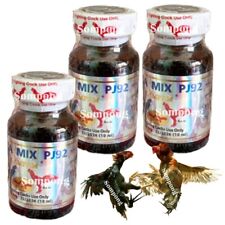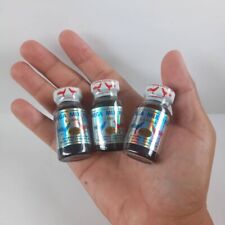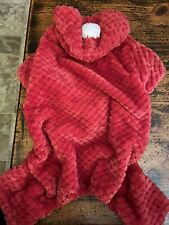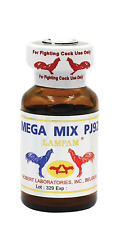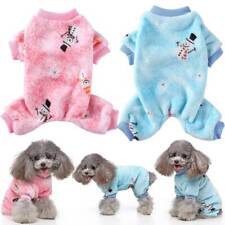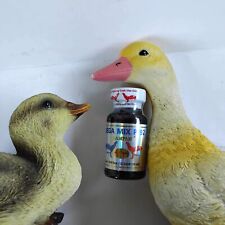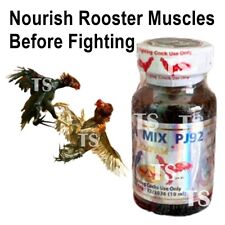Hookworm Prevention, Diagnosis and Treatment

They are very small, thin worms that fasten to the wall of the small intestine and suck blood. Dogs get hookworms from larval migration in the uterus, from contact with the larvae in stool-contaminated soil, or from ingesting the eggs after birth. As with roundworms, the hookworm larvae can also be transferred to the nursing pup from the mother’s milk. Chronic hookworm infestation is a common cause of older dogs not performing optimally, having poor feed efficiency and weight maintenance, and having poor stamina. Often the signs include bloody diarrhea, weight loss, anemia, and progressive weakness.
Diagnosis
In diagnosing hookworms, the animal will be given a physical examination and the stools will be examined. Blood tests may also be necessary.
Therapy
The host animal will be given deworming medication and in some cases a blood transfusion.

